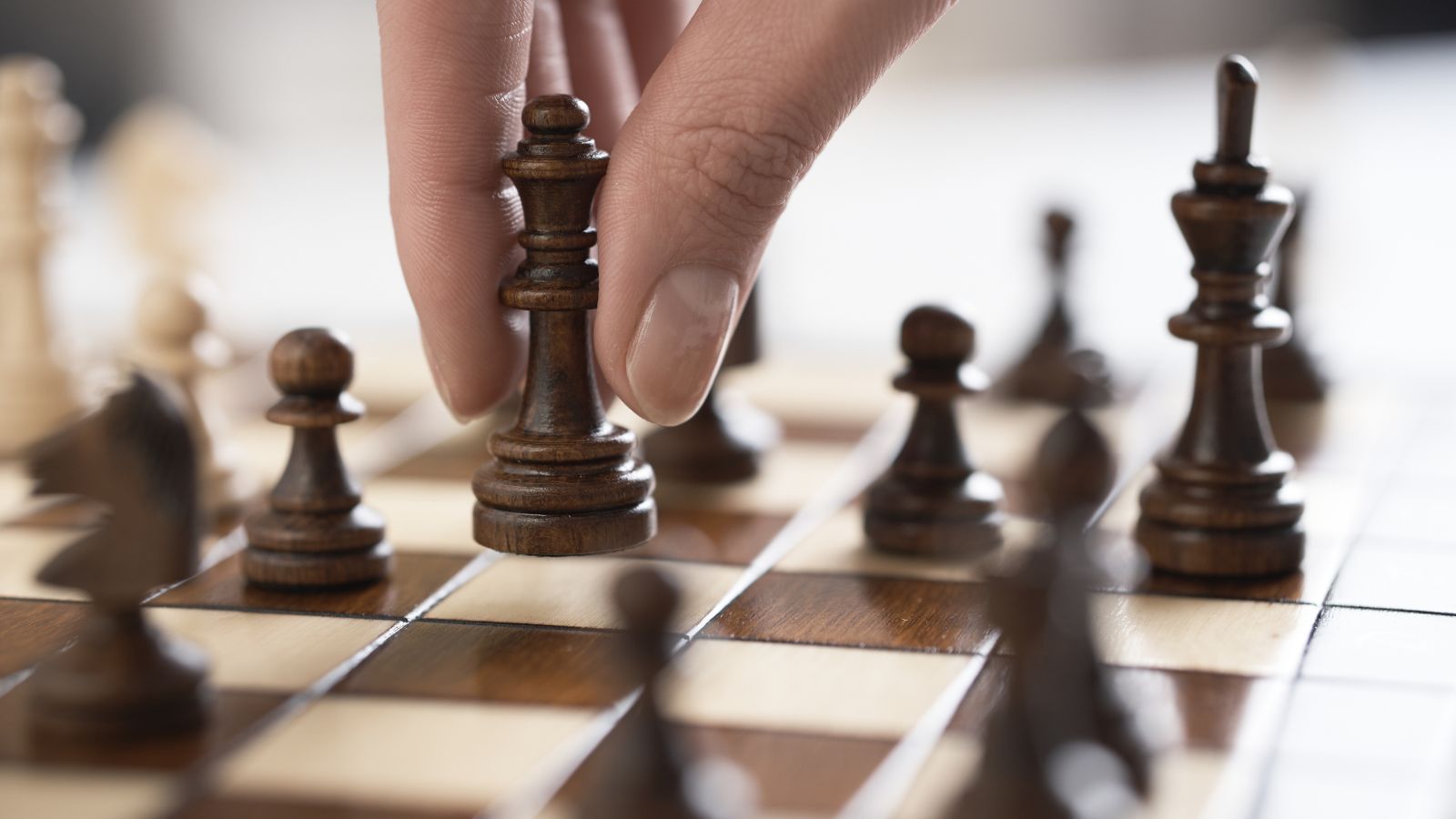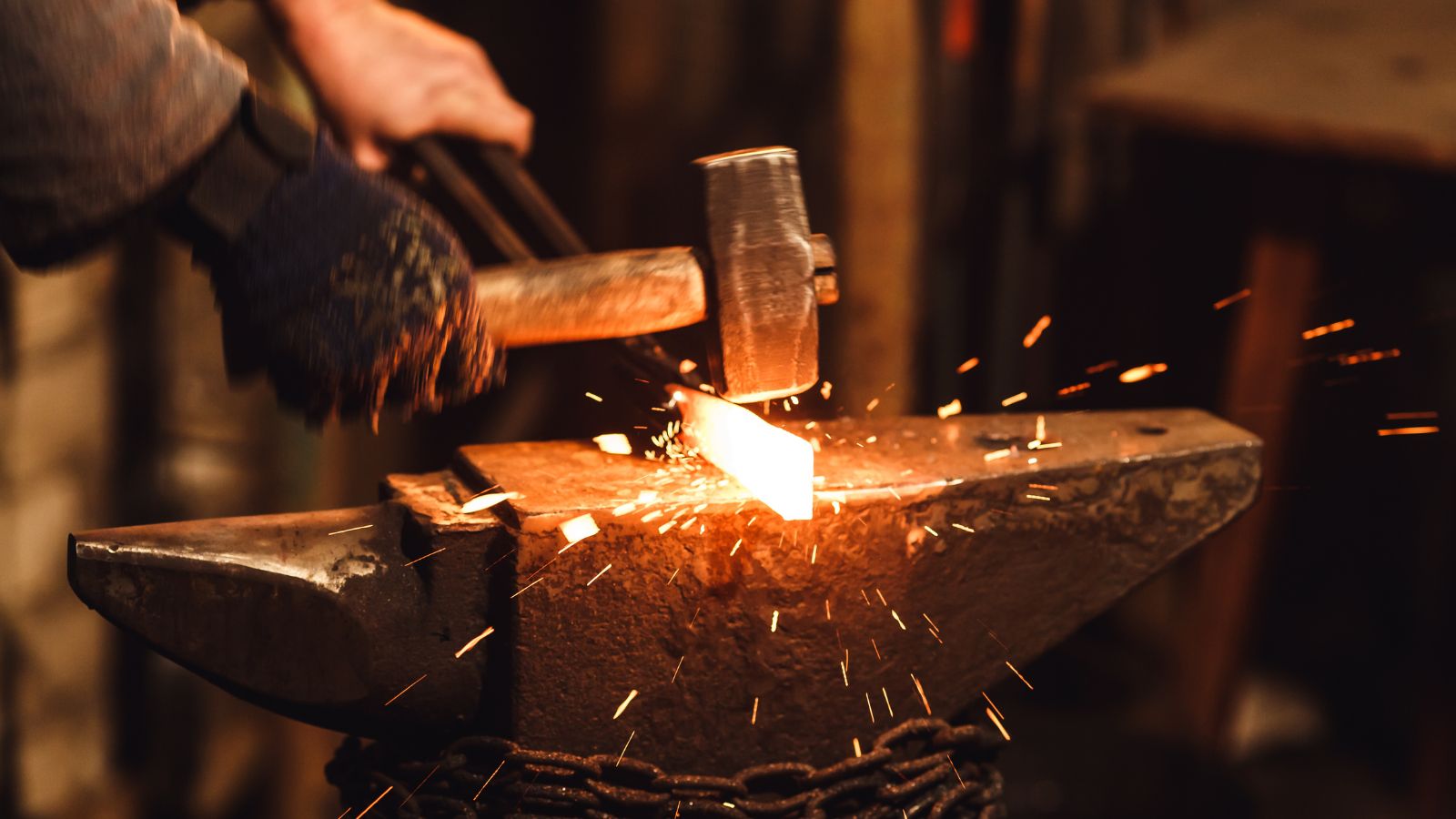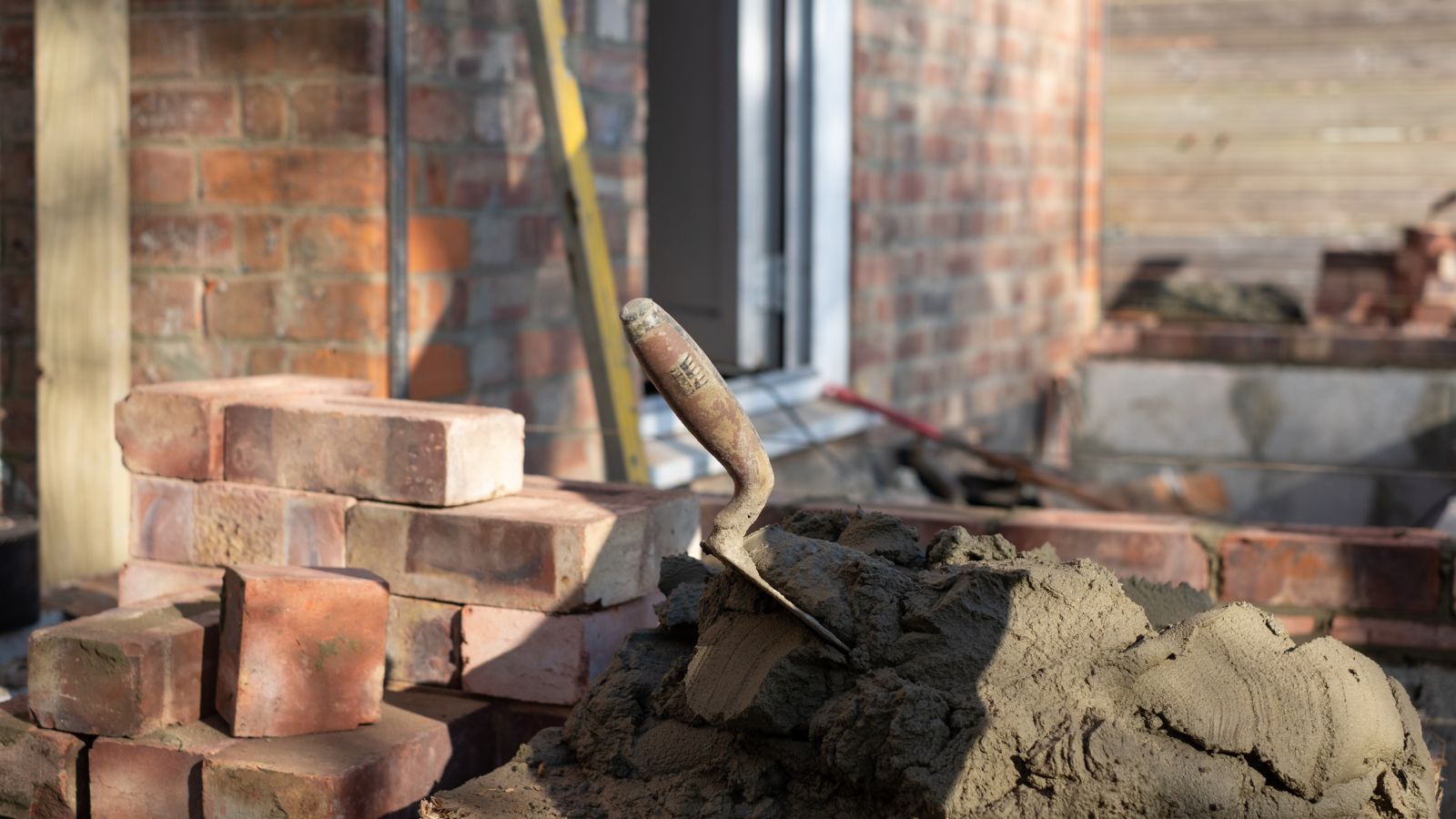The modern world feels a million miles away from the ancient civilizations found in China, India, Egypt, and beyond. However, we actually still use a surprising number of ancient systems and inventions in our daily lives. Here are some of them that should be the most familiar to you.
Chess

Chess is enjoying an uptick in popularity thanks to Gen Z players, but it’s by no means a recent invention. In fact, Chess.com traces the roots of this classic game back to India’s Gupta Empire nearly 1500 years ago! Although chess has evolved a lot since then, its DNA is truly ancient.
Chocolate

If you’ve got a sweet tooth, send some good wishes to the ancient societies of South America. The Aztec Empire didn’t actually invent chocolate, but they are credited with popularizing this iconic treat—their culinary contribution almost has us willing to ignore their habit of human sacrifice!
Agriculture

Farming might seem boring, but there’d be no human civilization without it. It’s been about 12,000 years since humans switched from wandering hunter-gatherers to settled farmers. Long-term settlements and stored food meant that humans had time to focus on more abstract issues, paving the way for science and industry.
Paper

Paper is now going out of fashion, but it was one of humanity’s most vital inventions for thousands of years. Early takes on paper emerged in Ancient Egypt, but it was the Chinese who nailed the formula. The next time you print a document, remember that you’re part of a centuries-long tradition.
Metallurgy

It’s easy to take metalworking for granted, but the discovery of metallurgy changed everything. Copper products dating from around 4000 BC have been found in the Balkans, while smelting allowed craftspeople to create beautiful decorations and tools. Cars, coins, and cutlery—we owe all of these to the experiments of ancient metalworkers.
Fire and Energy

Lighting a fire today is easy, but humans in the Old Stone Age struggled to perfect the technique. However, the discovery of fire transformed the world, as humanity now had a reliable form of energy. Fire not only kept people warm during chilly nights; it also powered early industrial processes.
The Urban Revolution

Cities are now so common that it’s hard to imagine a world without them. However, prior to the Urban Revolution, cities were a thing of fantasy. Brittanica places the Urban Revolution as having occurred between 3000 and 500 BC, and without it, no major metropolis would exist today.
The Wheel

No wheels mean no cars, trains, or shopping carts, so we should be grateful to the Ancient Sumerians for inventing early wooden versions of these timeless devices. Interestingly, not every ancient civilization discovered the wheel—when the Conquistadors encountered the Aztecs, they were surprised to find the technology absent.
Democracy

Winston Churchill allegedly described democracy as the worst form of government (except for the other options). The pros and cons of this political system can be attributed to the Athenians of Ancient Greece. Unlike today, Athenian democracy didn’t allow everyone to vote, so we’re glad that the modern version is more egalitarian!
Concrete

Take a look out the window, and you’ll probably see a building made of concrete. The Romans were the first to use this versatile construction material—in fact, the Colosseum is made from it. Modern concrete is stronger than its historical version, but many Roman structures have nonetheless stood the test of time.
The Compass

If you’ve ever felt directionless, spare a thought for the Chinese before the 2nd century BC. Without compasses, they had no idea where they were going! Luckily, this pioneering invention made it easier to navigate the world. Nowadays, phone apps have replaced physical compasses, but these gadgets still come in handy.
Looms and Cloth

For fashionistas, the invention of the loom is one of history’s most significant moments. Looms first appeared in the 5th millennium BC, and they represent the earliest version of the textile industry. Fashions have changed a lot over the centuries, but snappy dressers still owe a debt to these ancient designers.
Waterworks

HISTORY credits the Sumerians with pioneering modern plumbing. The Mesopotamian moguls were among the first to use irrigation systems while growing crops. These complex canal systems were managed with watergates and dams, not unlike the canals found in the UK today.
Mathematics

You might have hated studying math at school, but it’s impossible to deny its impact on modern civilization. Math underpins science, engineering, architecture, and countless other fields, and this is all thanks to a number of ancient civilizations. Special credit should go to the Indians, who introduced the concept of zero into mathematics.
Tumbler Locks

Imagine not being able to lock your front door when you head out to work in the morning—it’s only thanks to the Ancient Egyptians and Assyrians that this nightmare isn’t a reality. Early wooden locks from 2000 BC have been discovered, although the technology wouldn’t be perfected until the Victorian era.
Tea

Tea has its roots in China, where it was first brewed around 2700 BC. Guidebooks about brewing the perfect cuppa later emerged during the country’s Tang Dynasty (618–907 AD). Chinese legend credits a farmer called Shennong with inventing tea, so let’s all raise a glass for him.
Gunpowder

Gunpowder was first developed in China around 1000 AD. And ironically, the alchemists who created gunpowder were actually searching for an immortality potion! However, this explosive substance was never intended for use in warfare, as it was originally used for fireworks and other celebratory decorations.
Central Heating

Central heating is a lifesaver during the winter months. Once reserved for royalty (an early example was found in the palace of King Arzawa in Turkey), it’s now standard in homes throughout the world. This is partly thanks to the Romans, who improved the initial design with their famous underfloor heating.
Plastic Surgery

Funnily enough, plastic surgery predates the invention of plastic by several centuries! Facial reconstruction surgery was carried out in India during the 4th century, and the surviving texts actually contain a lot of useful medical advice. If you thought that nose jobs were a modern fad, think again—they’ve been carried out for centuries.
Up Next: 18 Cities in the US That Are So Bad You Won’t Want to Visit

While there are many beautiful cities in the U.S. that are well worth a visit, there are also some that you may want to avoid. This is largely due to high crime rates or issues with quality of life. Here are 18 U.S. cities that you won’t want to visit.
18 Cities in the US That Are So Bad You Won’t Want to Visit
19 American Cities That Disappoint Visitors So Much They Wish They Never Went

The United States is a vast country with over 109,000 cities and towns and many popular tourist hotspots, promising visitors fascinating history, famous landmarks, natural wonders, impressive architecture, and cultural delights. But not every city lives up to the hype! Here, we explore 19 American destinations that often leave visitors underwhelmed.
19 American Cities That Disappoint Visitors So Much They Wish They Never Went
19 Signs That Say You’ve Officially Entered Old Age

Old age comes for us all, though we do our best to resist it for as long as possible. But aging isn’t only gray hair, wrinkled skin, and yelling at kids to get off your lawn. Here are 19 signs you’ve realized you’re no longer the young stud you once were!
